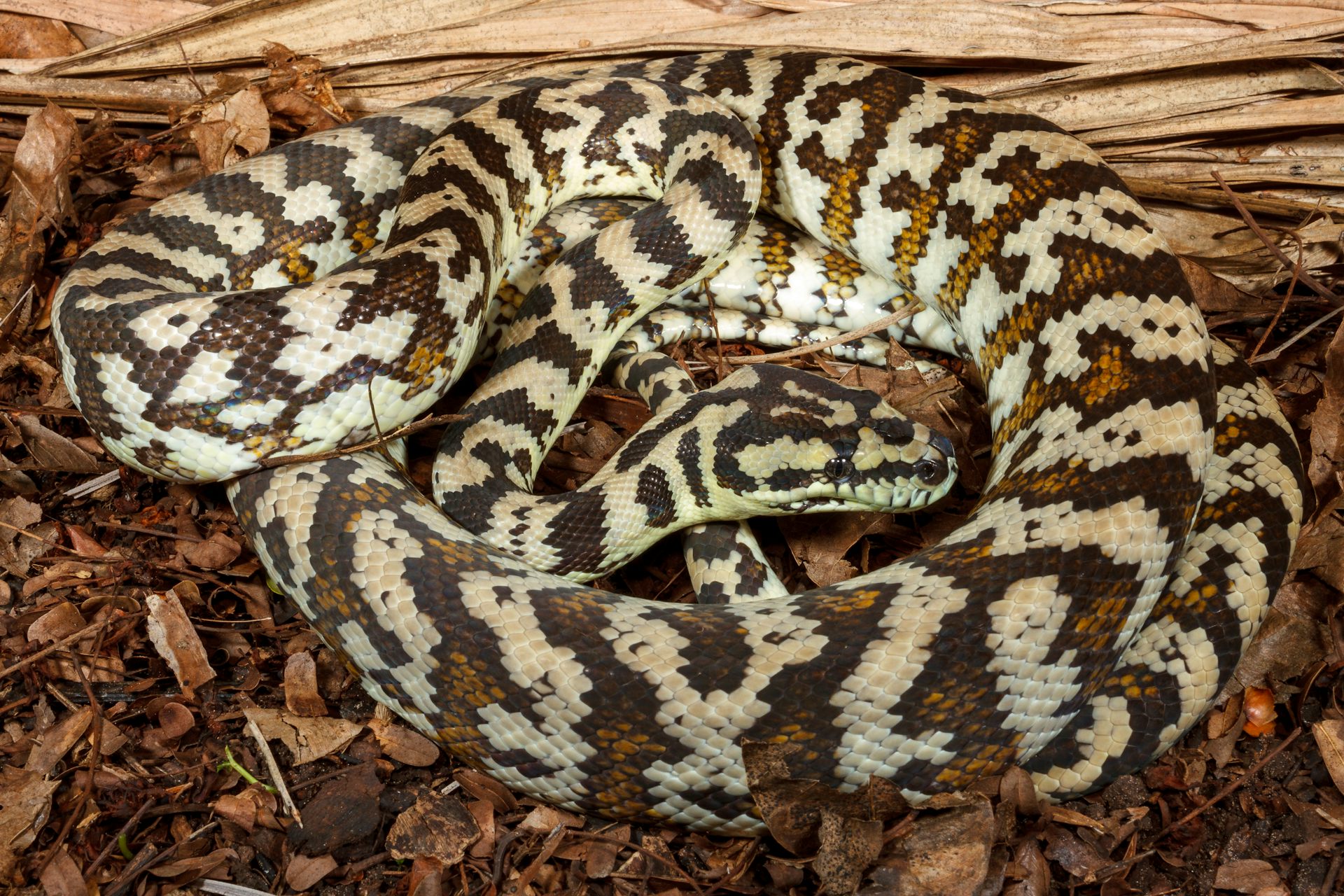Introduction
When it pertains to venomous serpents, Australia is home to a few of the most fascinating and unsafe types in the world. Amongst these, the Tiger Snake stands apart not just for its powerful venom but also for its intriguing actions. Comprehending the habits of poisonous snakes like the Tiger Serpent is important for both wild animals lovers and those residing in locations where these serpents exist. This write-up delves into different aspects of Tiger Serpent habits, white crowned snake habitat, recognition, safety measures, and first aid practices in case of a serpent bite.

Understanding the Behavior of Venomous Snakes Like the Tiger Snake
The Tiger Snake, clinically referred to as Notechis scutatus, is notorious for its aggressive nature when threatened. These serpents display a variety of actions that can be fairly different from their non-venomous counterparts.

Characteristics of Tiger Snakes
The Tiger Snake is quickly identifiable due to its distinct bands or stripes that look like a tiger's markings. They can vary in color from yellowish-brown to dark olive or black. This coloration serves not only as camouflage however likewise as a warning signal to potential predators.
Adaptability to Environment
One exceptional facet of their behavior is their adaptability to numerous environments. Discovered mainly in coastal areas, marshes, and marshes across Australia and Tasmania, they can prosper in varied habitats including urban locations.

Hunting Techniques
Tiger Serpents are ambush predators primarily eating fish, frogs, and little creatures. They possess eager sight and an acute feeling of scent which helps them in locating prey effectively.
Venom Composition
Their poison includes neurotoxins that influence the nerves, leading to paralysis or fatality in smaller sized animals. For humans, immediate clinical attention is important after a tiger serpent bite due to its potentially deadly effects.
Natural Habitat of Tiger Snakes
Preferred Locations
Understanding where these serpents live sheds light on their behavioral patterns. The tiger serpent habitat includes:
- Coastal regions Swamps Grasslands Urban areas with bountiful water sources
Seasonal Movements
During warmer months, Tiger Snakes are more active as they bask in sunlight or quest for food. On the other hand, cooler months see them retreating right into hibernation sites.
Are Tiger Snakes Venomous?
Yes! The inquiry "are tiger serpents venomous?" usually develops amongst those not familiar with this species. Their venom is thought about one of the most dangerous among all snake varieties worldwide.
Symptoms of a Tiger Serpent Bite
If bitten by a tiger snake, signs may include:
- Localized pain Swelling at the bite site Nausea and vomiting Sweating and confusion
Immediate medical help is essential as neglected attacks can result in severe health and wellness complications or perhaps death.
First Help for Serpent Bites: Quick Response Guide
Knowing just how to administer emergency treatment for a serpent bite can conserve someone's life. Below's what you ought to do:
Step 1: Continue to be Calm
Keeping calmness aids decrease heart price which reduces poison spread.
Step 2: Paralyze the Influenced Area
Keep the impacted limb still and listed below heart level if possible.
Step 3: Call Emergency Situation Services
Always seek professional medical help promptly after a snake bite.
First Help for Serpent Bite Set Essentials
A well-appointed snake bite first aid kit need to consist of:
- A compression bandage Antiseptic wipes A pair of scissors A cold pack
Safety Precautions: Preventing Serpent Bites in Australia
Awareness Programs
Educating areas regarding local serpent types and their habits can considerably lower experiences leading to bites.
Avoiding Unsafe Areas
Staying far from lengthy lawn during warmer months lessens contact with serpents that might be relaxing or hunting.
Common Misunderstandings About Tiger Snakes
Many people think false impressions about the actions of tiger snakes lead to unnecessary concern. Here are some information:
Myth 1: All Tigers Are Aggressive
Not all tiger snakes will certainly display aggression if left uninterrupted; lots of choose fleeing instead of confrontation.
Myth 2: They Chase Humans
Tiger serpents do not proactively chase after human beings; they might Brown snake identification strike when they feel endangered but will usually retreat if offered space.
Conservation Initiatives Connected to Venomous Snakes
Conservation initiatives focus on enlightening neighborhoods concerning securing local wild animals while decreasing human-snake interactions.
Importance of Ecosystems
Understanding that venomous snakes play a necessary function in preserving environmental equilibrium aids foster appreciation as opposed to worry in the direction of them.
FAQs Concerning Tiger Snakes
What needs to I do if I run into a tiger snake?- Maintain range and gradually back away without abrupt movements.
- While bites aren't incredibly common as a result of recognition initiatives, they still take place every year within Australia.
- Baby tiger serpents can provide complete doses of poison in spite of being smaller sized; therefore care is encouraged around them.
- They mostly take in frogs, fish, small creatures like rodents, and various other reptiles.
- It's unlawful in most jurisdictions without correct licensing because of safety and security worries regarding their venom.
- Wear tough boots and stay on marked trails; look before putting hands or feet into concealed rooms like rocks or logs.
Conclusion
Understanding the habits of venomous serpents like the Tiger Serpent not just improves our expertise but additionally advertises safety and security awareness among those living near their environments. From recognizing their attributes, recognizing emergency treatment protocols complying with a bite, with involving conservation initiatives-- every facet plays a crucial function in fostering conjunction with these interesting golden crowned snake reptiles while valuing their location within our ecosystem.
As we strengthen our understanding with education and learning and experience, we contribute positively towards guaranteeing both human security and wildlife preservation-- profiting all events involved!